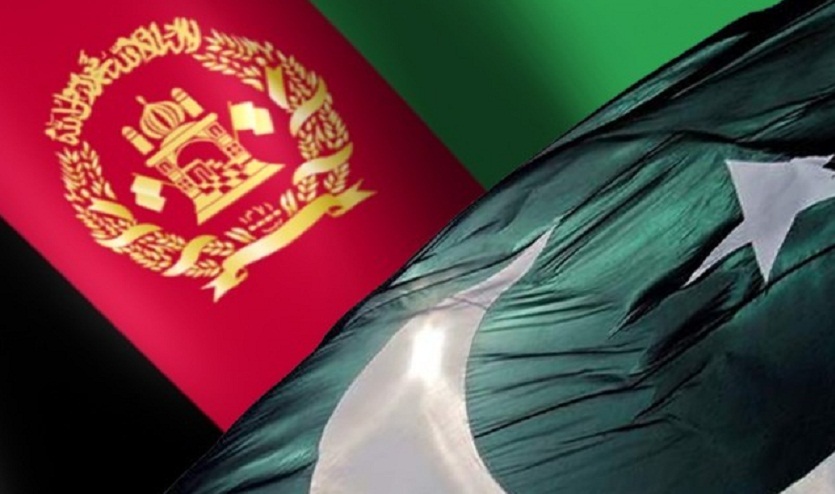Positive vibes are emanating from Pakistan in the wake of the High Council for National Reconciliation (HCNR) Chairman Abdullah Abdullah’s foray to the country. As the three-day visit of Abdullah comes to an end, friendship overtures have been made by Pakistan. Most of the Pakistani leadership authorities dubbed the commencement of intra-Afghan talks a turning point and announced their support to it while stressing that this opportunity for peace should be seized by working constructively for it. It was reported that Pakistani cabinet also approved a new Visa Policy for Afghan citizens, easing the process of visas for businessmen, students and patients – who would also be allowed to receive on-border visas. Meanwhile, Pakistan’s Foreign Minister Shah Mahmood Qureshi stated that China-Pakistan Economic Corridor (CPEC) projects will benefit Afghanistan as well, adding markets would be set up along the Durand Line to promote business activities in the region. These developments indeed show that Afghanistan and Pakistan are on the threshold of a new relationship; nevertheless, it still depends on Pakistan’s sincerity in the peace talks. If the country truly wants peace in Afghanistan, then the mentioned cooperation and improvement in ties would be possible. As the country says peace in Afghanistan is essential for Pakistan, it should prove that in practice – because it has been seen that war in Afghanistan has benefitted the country for the most part so far. Therefore, candid efforts in Afghan peace by the country would automatically translate into the betterment of ties and increased mutual cooperation. Realization of economic potential of both countries, bilateral trade (most important as both countries serve as complementary to each other), people-to-people exchanges, free travel and developments in other aspects would usher in a new era of shared prosperity and would be the dividends of peace. Therefore, a sine qua non to all this is Pakistan’s unwavering support to peace and respect to Afghanistan’s sovereignty. The atmosphere of distrust – primarily caused by the strained relations mostly dogged by the country’s reluctance to cut support to insurgency in Afghanistan, eliminate terrorist sanctuaries and bring an end to territorial aggression – would be gotten rid of after the country ceases being a reason for these subversive activities. So, it’s up to the country now to open up a new chapter and change its strategy towards Afghanistan and thus maintain the momentum recently brought about. Hopefully, such visits of dignitaries and exchanges of views (and solutions to issues) would continue to happen, allowing both the countries to put the bitter past and edgy ties behind them.

 Afghanistan Times
Afghanistan Times



